Hecate | Greek Goddess

Hecate (in classical Greek: Ἑκάτη Hekátē or Ἑκάτα Hekáta; romaniz. : Hekátē), in Greek mythology, is a goddess, naturalized in Mycenaean Greece or Thrace, but hailing from the Scythian cities of Anatolia, the region where most of her theophoric names, such as Hecateus and Hecatomno, are attested, and where Hecate was seen as Great Goddess in historical periods, in her unparalleled place of worship at Lagina.
Goddess of wild lands and childbirth, she was usually represented holding two torches or a key, and in later periods in her triple form. She was associated with crossroads, entrances, fire, light, the moon, magic, witchcraft, the knowledge of poisonous herbs and plants, ghosts, necromancy and sorcery.
She reigned over earth, sea and sky, as well as possessing a universal role as savior (Soteira) and the Soul of the Cosmic World. She was one of the main deities worshipped in Athenian households as a protective goddess and as the one who conferred prosperity and daily blessings on the family.
Hecate may have originated among the Carians in Anatolia, where variations of her name are used to name children. William Berg notes, "Since children are not named after specters, it is safe to assume that Carian names involving hekat- refer to a major deity free from the darkness and underworld connections and witchcraft associated with the Hecate of classical Athens."
She also seems associated with the Roman goddess Trivia, with whom she was identified in Rome.
Hecate is described as having "golden hair."
